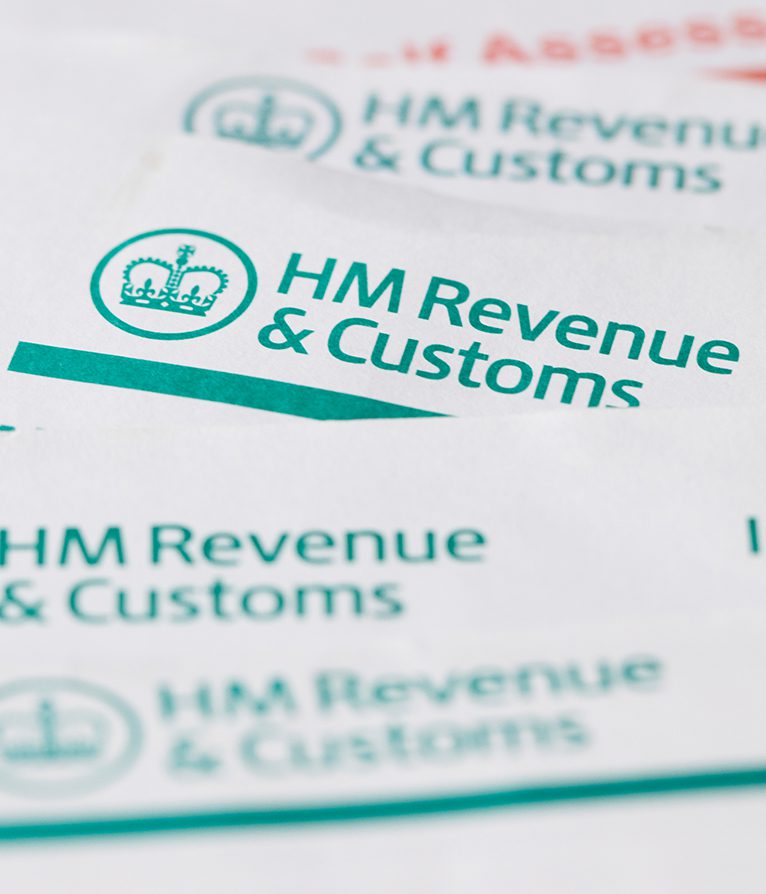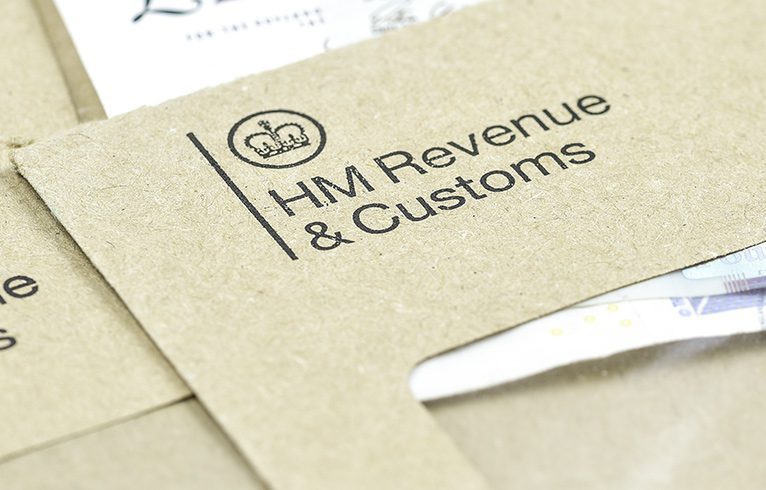Bring your tax investigation to a prompt and painless resolution.
Tax investigation. A pair of words guaranteed to strike fear into even a seasoned veteran of business. We understand how daunting and stressful this can be. Being selected for an HMRC investigation doesn’t always mean you’re at fault. However, it is up to you or your PEM tax investigation specialist to prove this.
A savvy response to an investigation is the secret to minimising the time and hassle of it. It will also make sure you don’t pay any unnecessary penalties or get involved in a lengthy process that might not be justified or necessary.
We’re here to help you understand exactly what such an investigation involves by explaining the jargon, spelling out your responsibilities as a taxpayer and shouldering the burden of the response for you with the full might of our experience and technical knowledge.
So, why don’t you let us to take it from here?












